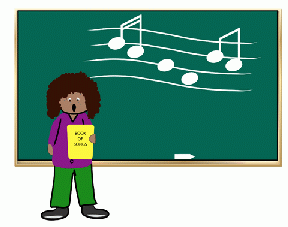Some times our members have a situation where the can not get access to their instrument. This can be caused by injury, travel, broken instrument or separation from the instrument. Ever try to put a piano in your back pocket?
I'm feel sorry for the person when I hear about these types of troubles. In general I travel a fair amount so this happens to me from time to time. It can become exhausting to try and focus on music when you are moving from place to place and working on your job.
What To Do
I've contemplated this problem and have a suggestion for those of you that feel you can not study without your music instrument.
You can still continue to study music theory and the individual music elements. You don't need to be able to play your instrument to understand all the fundamentals of music.
The study is in taking the many sheets that we create in the workshop. Much of the music theory is learned with a few worksheets that focus on how things are constructed and then working through a series of scales or chord constructions by physically writing them out.
How the Classical Musicians Studied
Much of what the classical artists studied was not at the instrument. They did not learn how we do today. They were sent to theorist to understand music not to learn it note by note as is done with many methods today.
With learning music and the basic theory you learn to own music not just learn it a bit at a time. Stick with it and keep following along at what ever part you are at. Practicing rhythm can be done anywhere and is by lots of folks. Just be sure not to annoy those around you.
When you recover or get back to your musical instrument you can get started playing and reviewing the theory you've done while you're away from playing your instrument.
Some Fun Music Theory Attempts I Tried
Some of my best study was accomplished while I was on an airplane and working out a rhythm style for the chord progression from some fake music. I would take staff paper with me and write up a tango rhythm to some jazz song I had picked out. Then I would voice the chords with in that rhythm.
When I got back to the piano I had a whole new perspective on my application of theory. It was actually a lot of fun to see what I had written and how well or even hard it was to play.
Tell us about your experiences while you are only able to work on music in your head.

